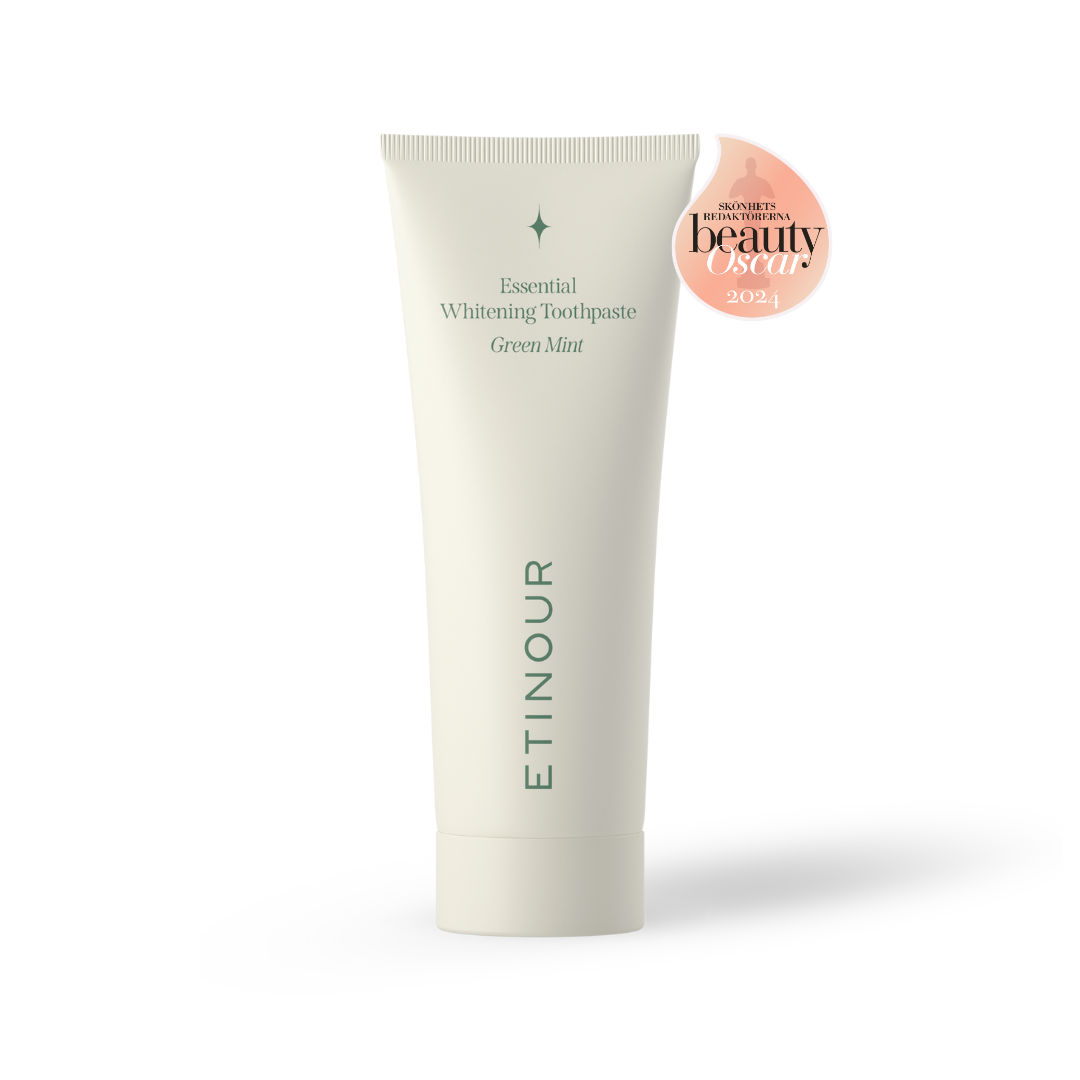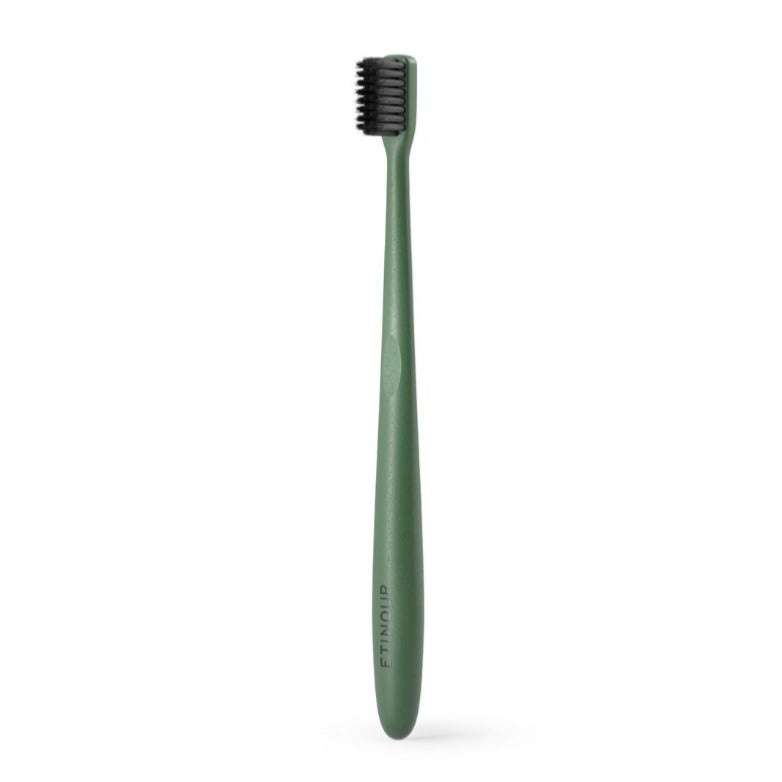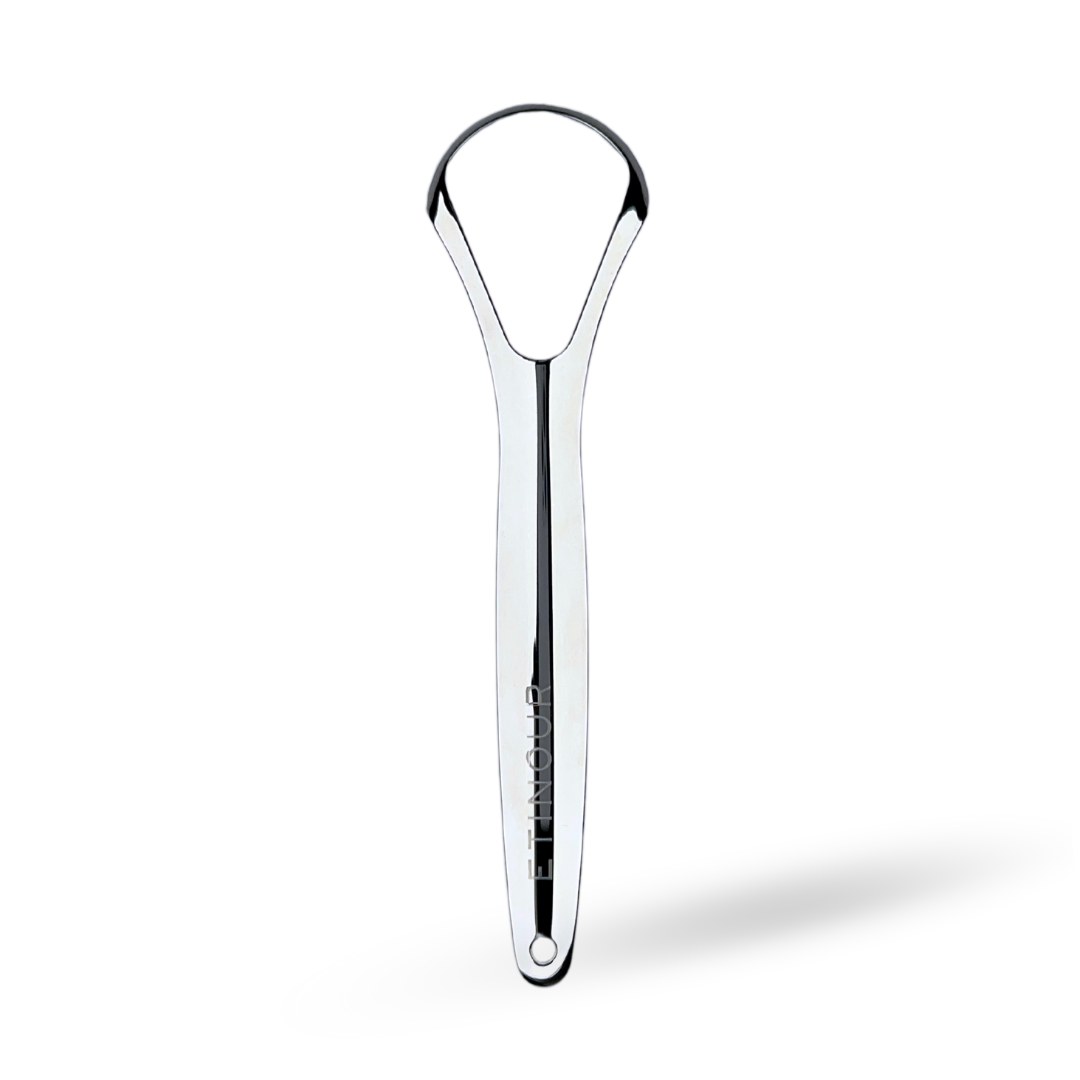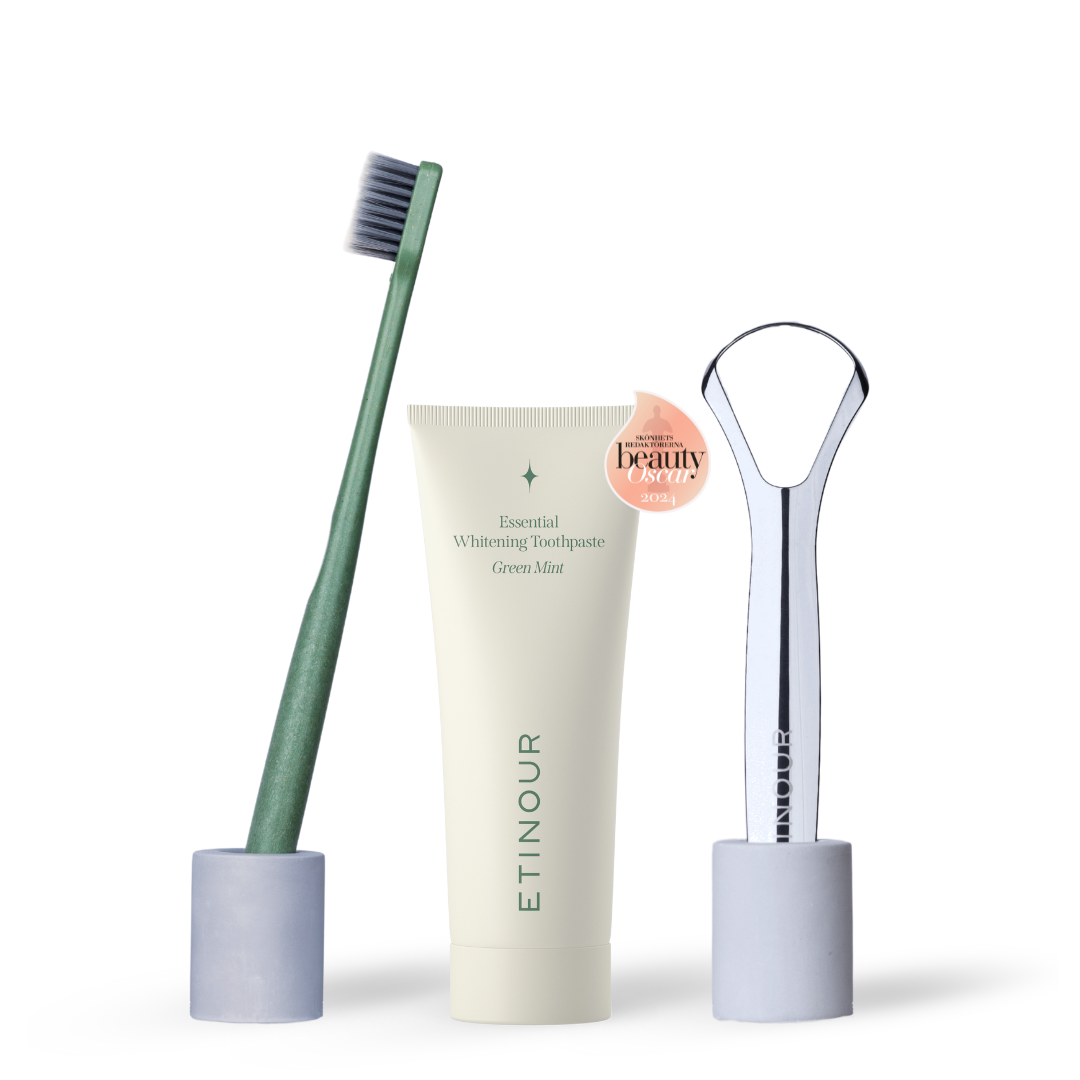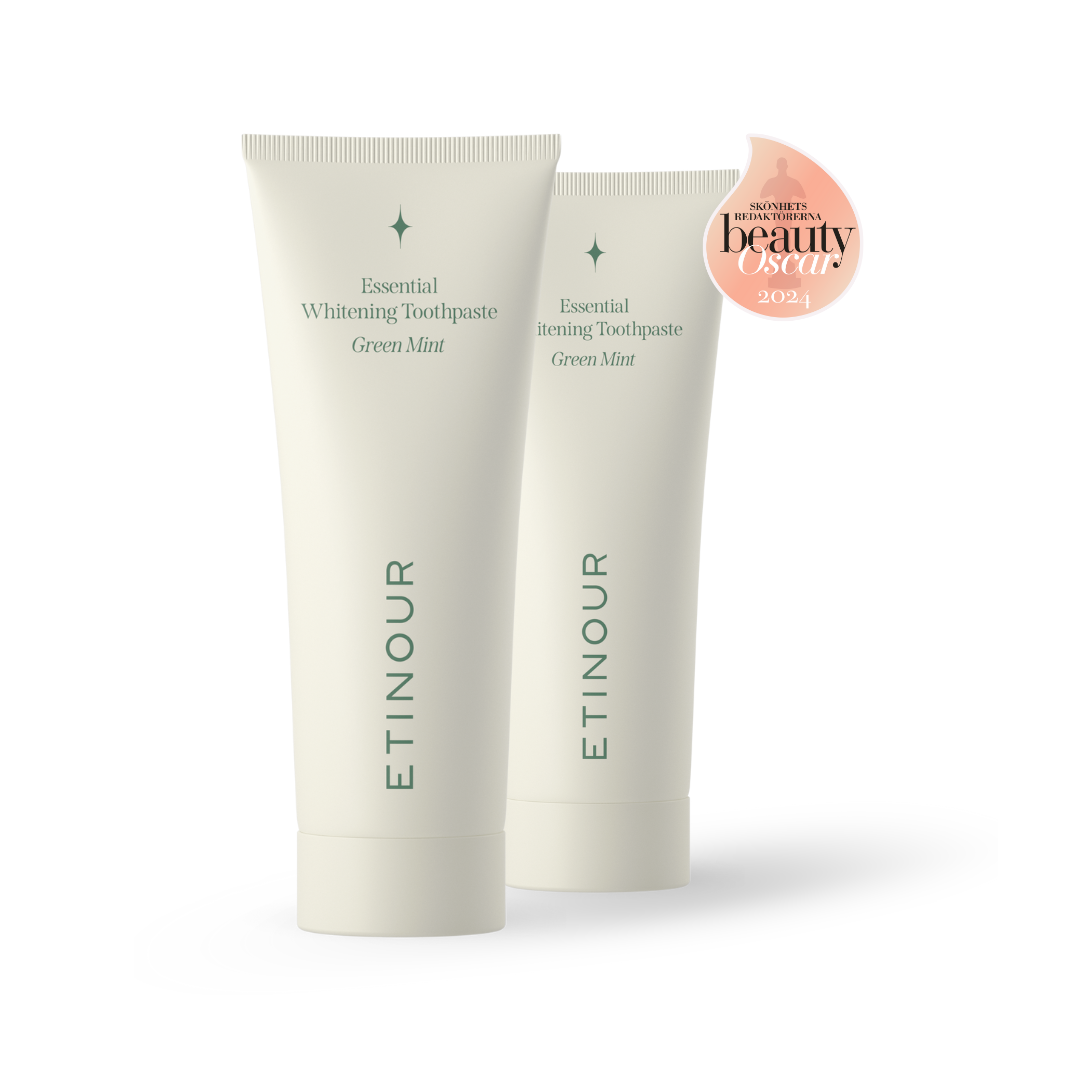Mouth dryness, also known as xerostomia, is a condition that affects many people but is often overlooked until it becomes a significant problem. A dry mouth might seem like a minor inconvenience, but it can have a considerable impact on oral health and overall well-being. Whether or not you have serious issues or just experience mouth dryness sometimes, this post is for you. We’ll explore what causes mouth dryness, how it can be treated, and why addressing it is essential for a healthy smile.
What Causes Mouth Dryness?
Mouth dryness occurs when the salivary glands in your mouth don’t produce enough saliva to keep your mouth moist. While occasional dryness can be harmless, chronic xerostomia can lead to difficulties in chewing, swallowing, and even speaking. It can also increase the risk of tooth decay and gum disease, as saliva plays a crucial role in maintaining oral hygiene by washing away food particles and neutralizing acids in the mouth.

Common causes of mouth dryness include:
- Medications: Many over-the-counter and prescription medications list dry mouth as a side effect, including those for allergies, depression, hypertension, and pain relief.
- Dehydration: Inadequate fluid intake, excessive sweating, or a high-salt diet can lead to dehydration, which in turn reduces saliva production.
- Medical Conditions: Conditions like Sjögren’s syndrome, diabetes, or Parkinson’s disease can interfere with salivary gland function.
- Lifestyle Factors: Smoking, heavy alcohol consumption, and breathing through the mouth can contribute to persistent dryness.
Mouth dryness isn’t just uncomfortable—it can also indicate underlying health issues or contribute to more serious oral problems. For example, a 2023 study in the Journal of Oral Health highlighted that chronic dry mouth could lead to a higher incidence of cavities due to reduced saliva flow and altered oral pH levels .
How to Treat Mouth Dryness
Managing dry mouth involves both lifestyle adjustments and choosing the right oral care products. Here are some effective ways to alleviate symptoms:
- Stay Hydrated: Drinking plenty of water throughout the day is one of the easiest ways to combat mild mouth dryness. It helps maintain the moisture levels in your mouth and stimulates saliva production.
- Avoid Alcohol-Based Mouthwashes: Alcohol can further dry out the mouth, so opt for alcohol-free alternatives that are designed to be gentle and hydrating.
- Chew Sugar-Free Gum: Chewing gum or sucking on sugar-free candies can help stimulate the salivary glands. Look for those containing xylitol, which not only aids saliva production but also fights harmful bacteria.
- Humidify Your Environment: Using a humidifier, especially at night, can add moisture to the air and prevent the mouth from drying out while you sleep.
- Choose the Right Toothpaste: Avoid toothpastes that contain SLS (Sodium lauryl sulfate) or SLES (sodium lauryl ether sulfate) since they are drying. Toothpastes with strong flavoring, like an ‘extra strong mint’ may have essential oils that may be irritating. Also look for toothpastes that contain ingredients specifically aimed at keeping the mouth hydrated and soothing irritated tissues.
For more on maintaining good oral health, see this article from Harvard's Nutrition Source, which discusses the role of moisturizing care products in managing dry mouth effectively.

Solutions for Mouth Dryness
When it comes to treating chronic mouth dryness, using specially formulated products can make a significant difference. Not all toothpaste and oral care products are created equal—those that address hydration and soothing can be particularly effective. For example, some of the more advanced formulations contain:
- Hydrating Agents: Ingredients like glycerin and hyaluronic acid are known for their moisture-retaining properties. These compounds can help maintain a moist environment within the mouth, reducing discomfort and the risk of irritation.
- Calcium and Phosphate Compounds (e.g. Hydroxyapatite): These ingredients not only help strengthen tooth enamel but also work to buffer the acidic environment that can result from decreased saliva. By stabilizing the pH levels in the mouth, they provide a protective barrier against decay.
- Natural Oils: Ingredients like coconut or jojoba oil can provide a gentle, natural coating for dry mouth tissues. They help retain moisture while offering anti-inflammatory properties that soothe irritated gums.
According to the British Dental Journal, products designed specifically for dry mouth can improve quality of life and alleviate many of the discomforts associated with xerostomia. Etinour’s toothpaste is carefully formulated to incorporate these hydrating agents, providing relief from dryness while supporting overall oral health.

Why Treating Mouth Dryness is Important
Mouth dryness isn’t just about discomfort—it can impact overall health. Saliva plays a critical role in digesting food, protecting teeth from decay, and maintaining a balanced oral microbiome. Without sufficient saliva, harmful bacteria can thrive, leading to increased risks of gum disease, cavities, and even systemic infections.
In fact, experts from Harvard's Nutrition Source emphasize that “dry mouth is a medical condition with multiple causes, and moisturizing care products can be part of the solution.” This underscores the importance of choosing oral care products that actively work to rehydrate and protect the mouth.
Final Thoughts: Finding What Works For You
Addressing mouth dryness involves a combination of lifestyle changes and selecting the right oral care products. By staying hydrated, using products designed for dry mouth, and being aware of underlying causes, you can take significant steps toward improving your oral health and comfort. We hope that some of these solutions will work for you. Finally, we encourage you to speak with your doctor and dentist about your mouth dryness so you can get optimal care.



